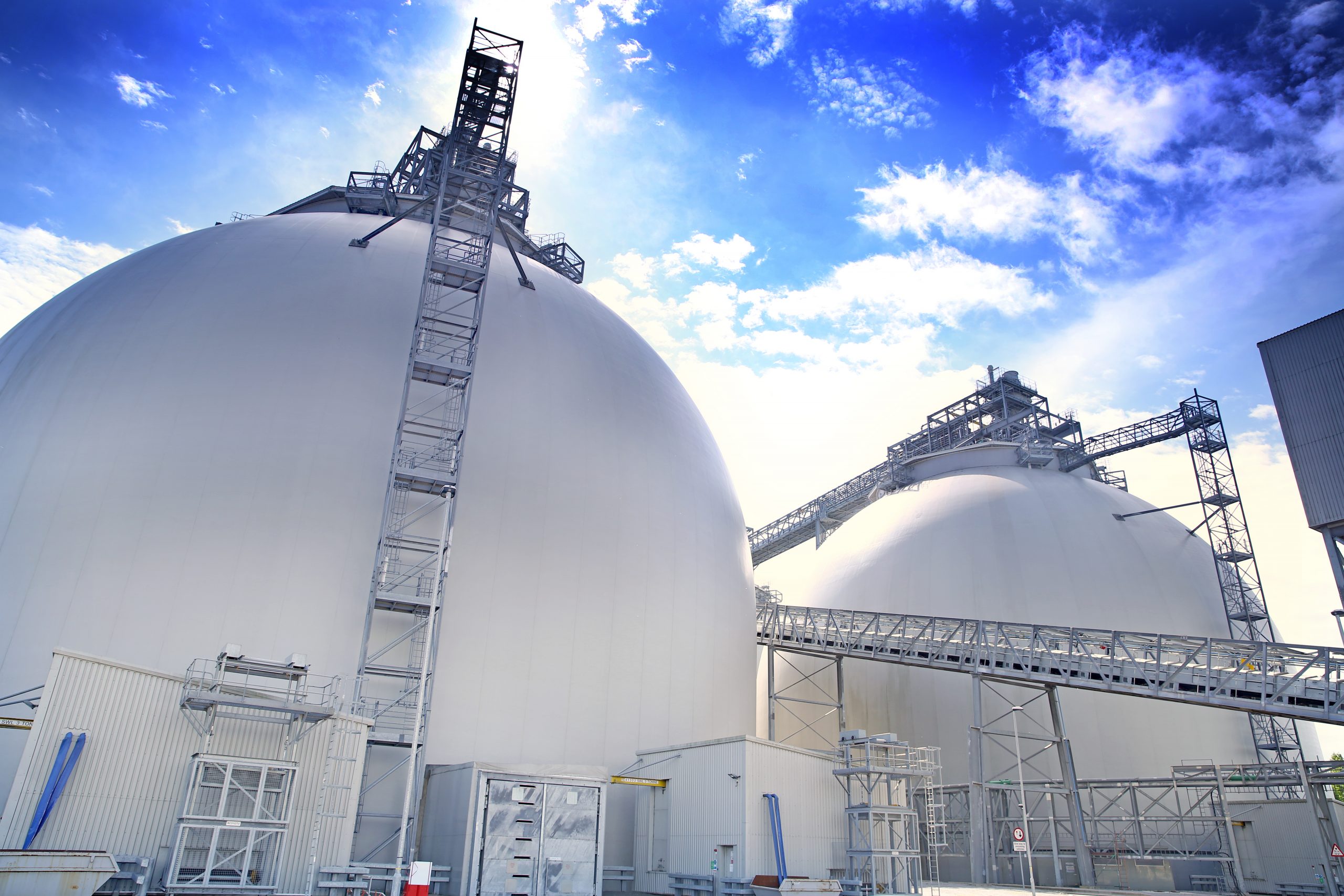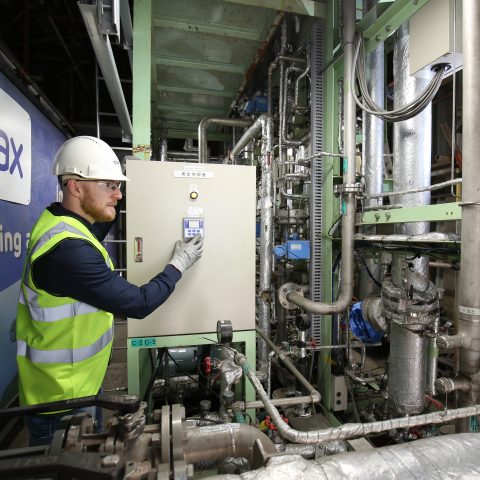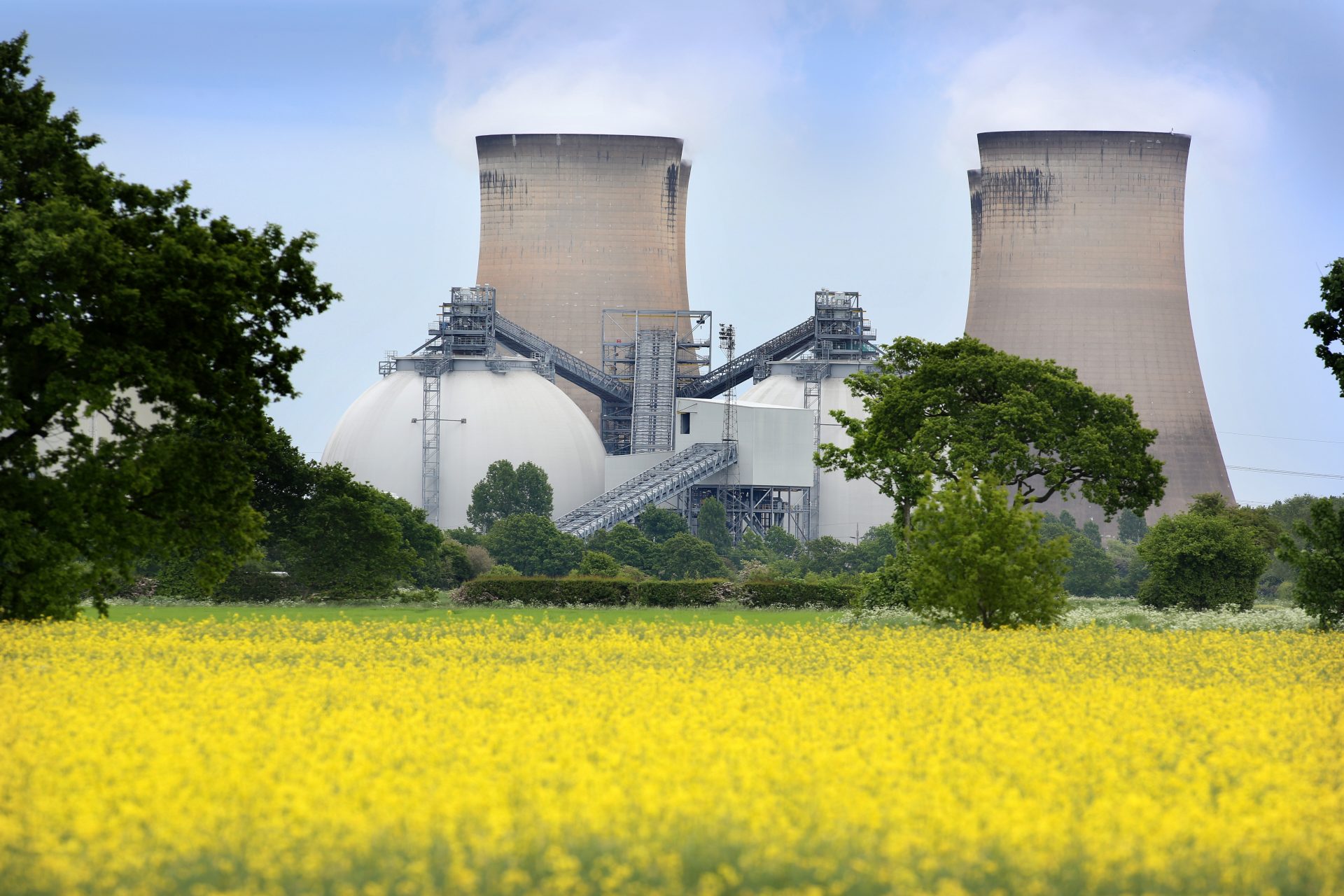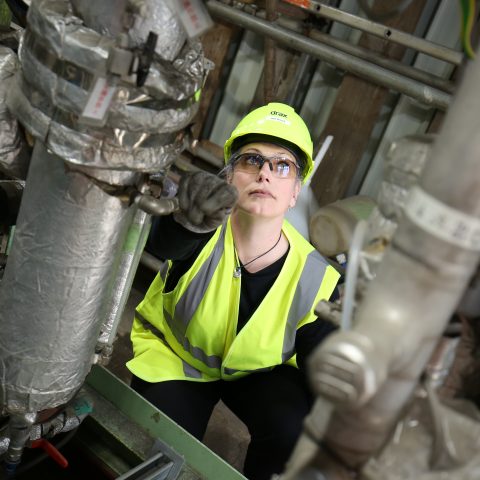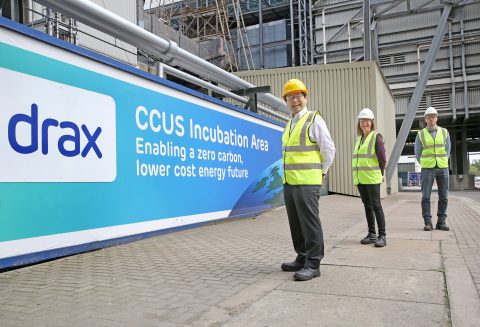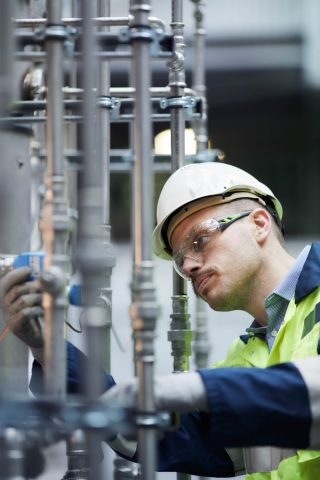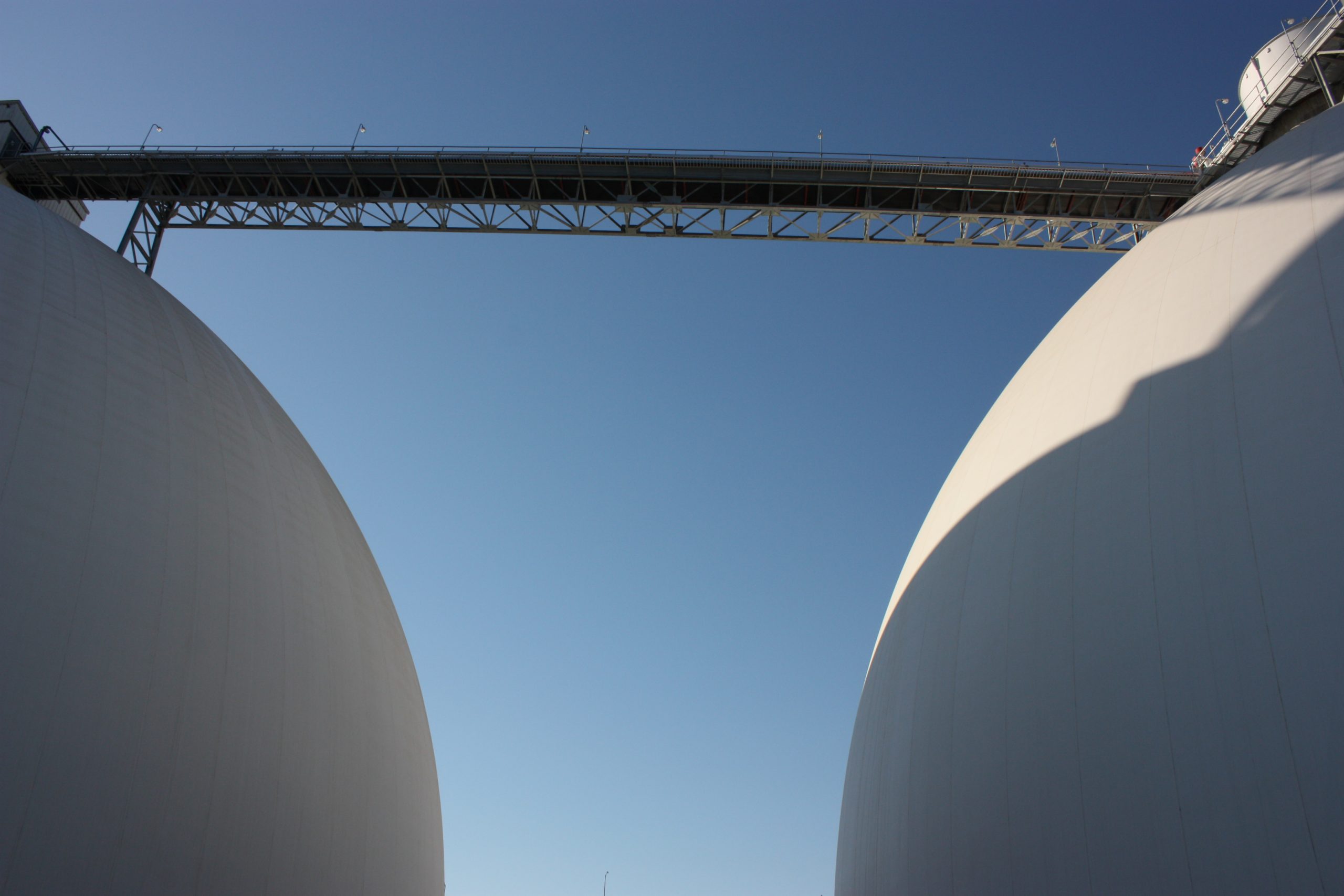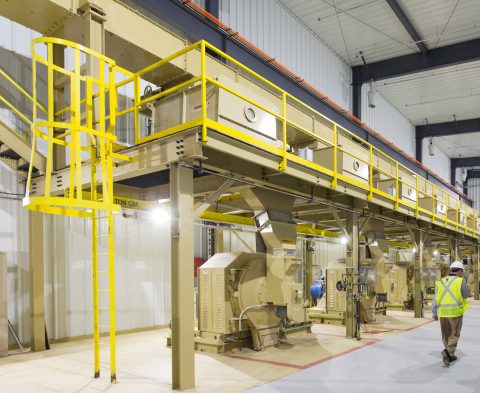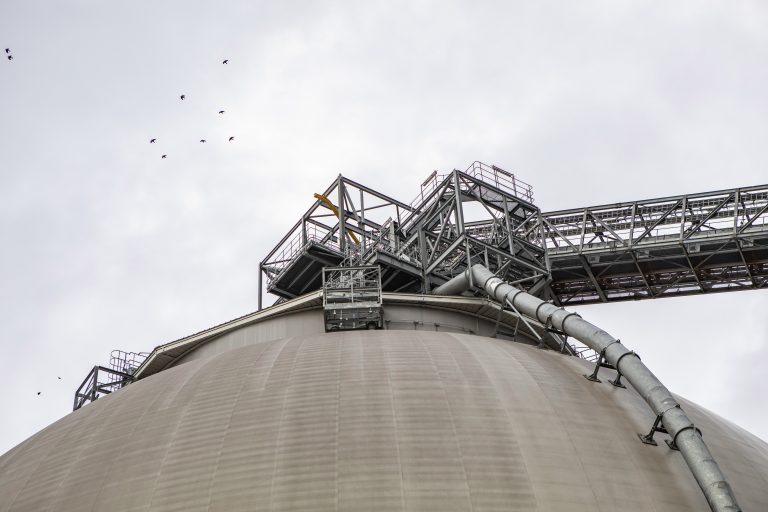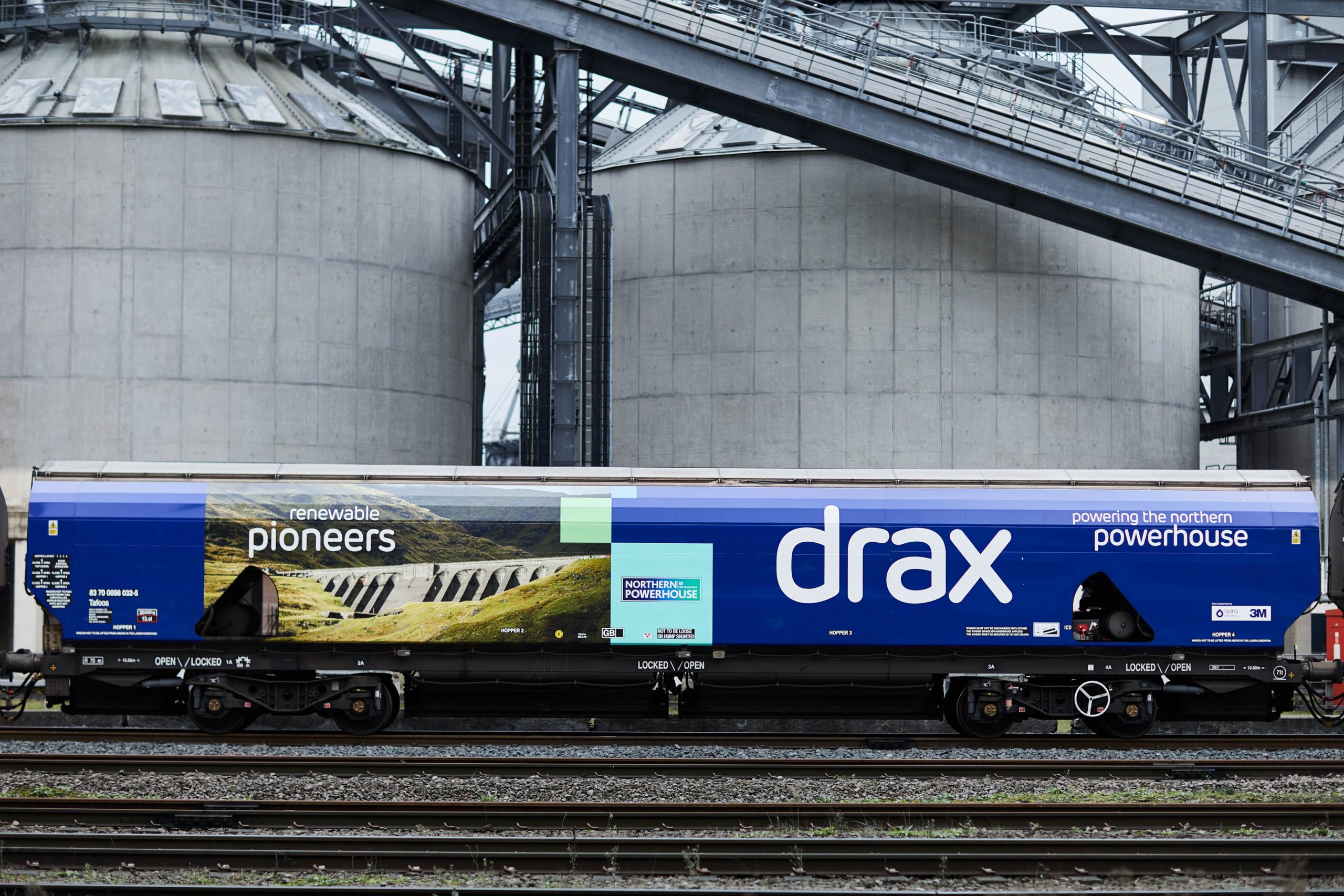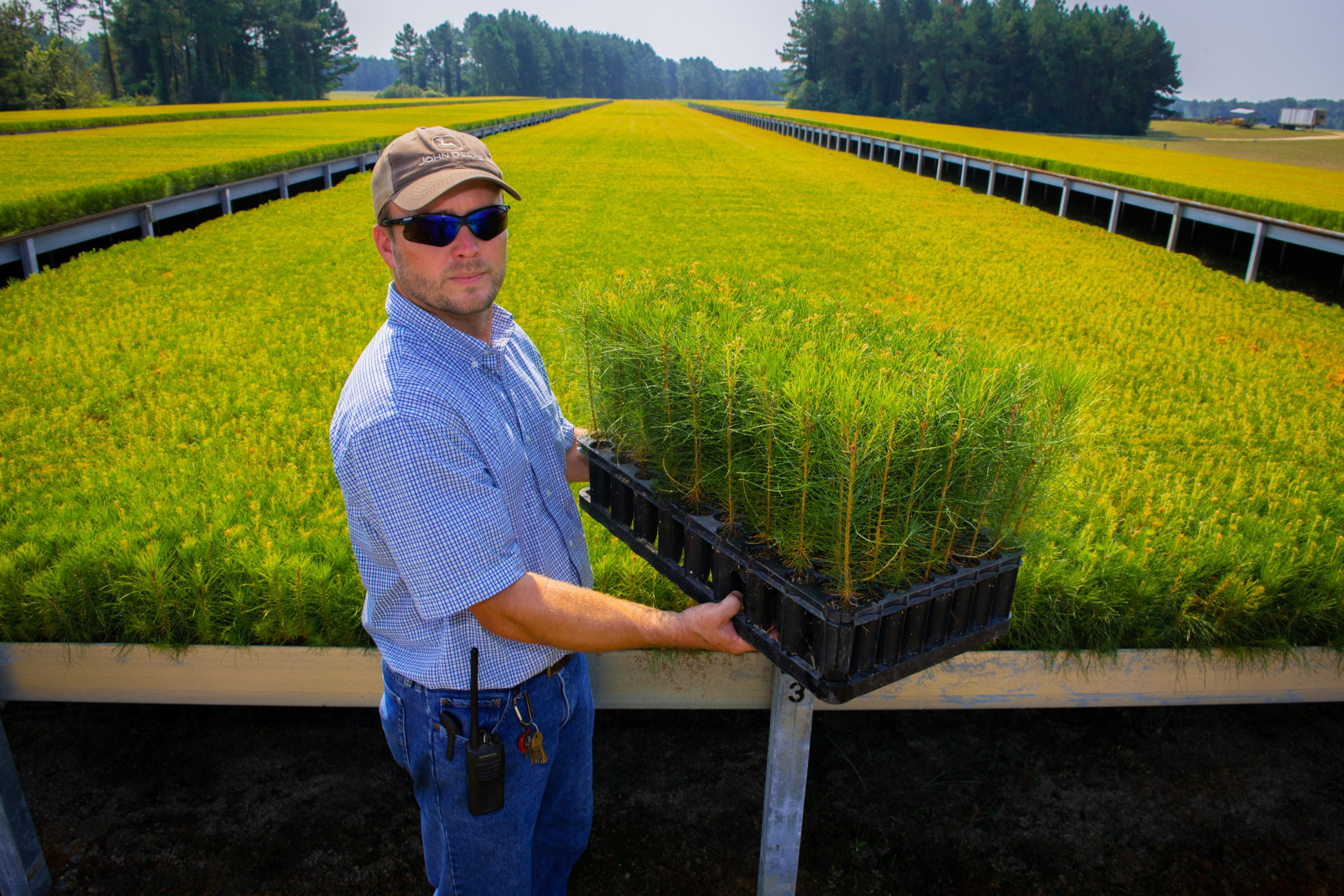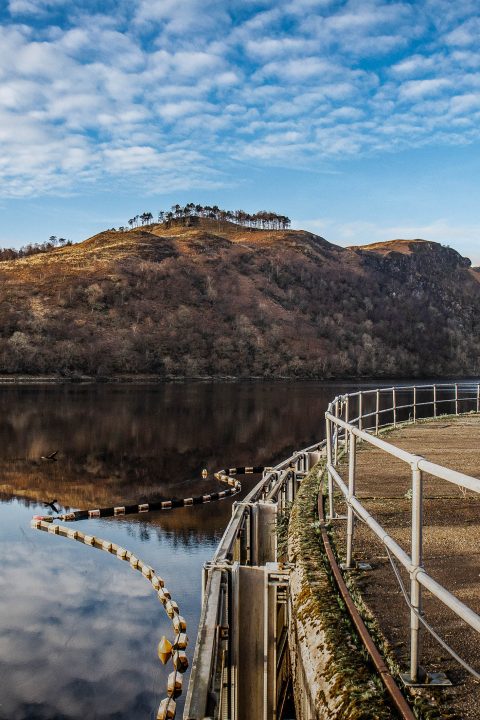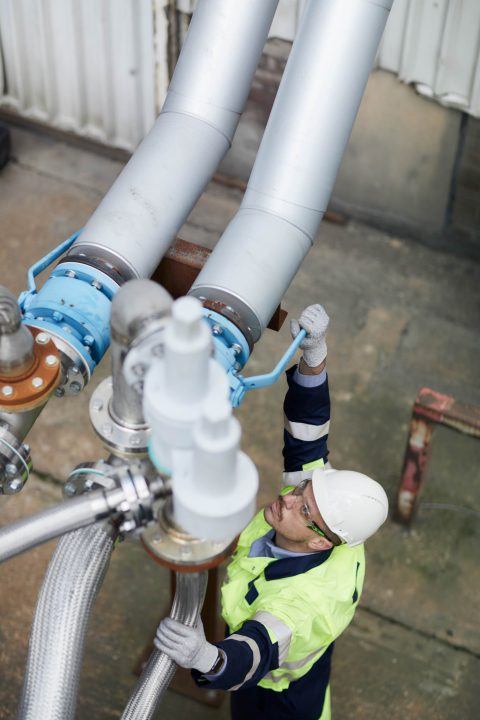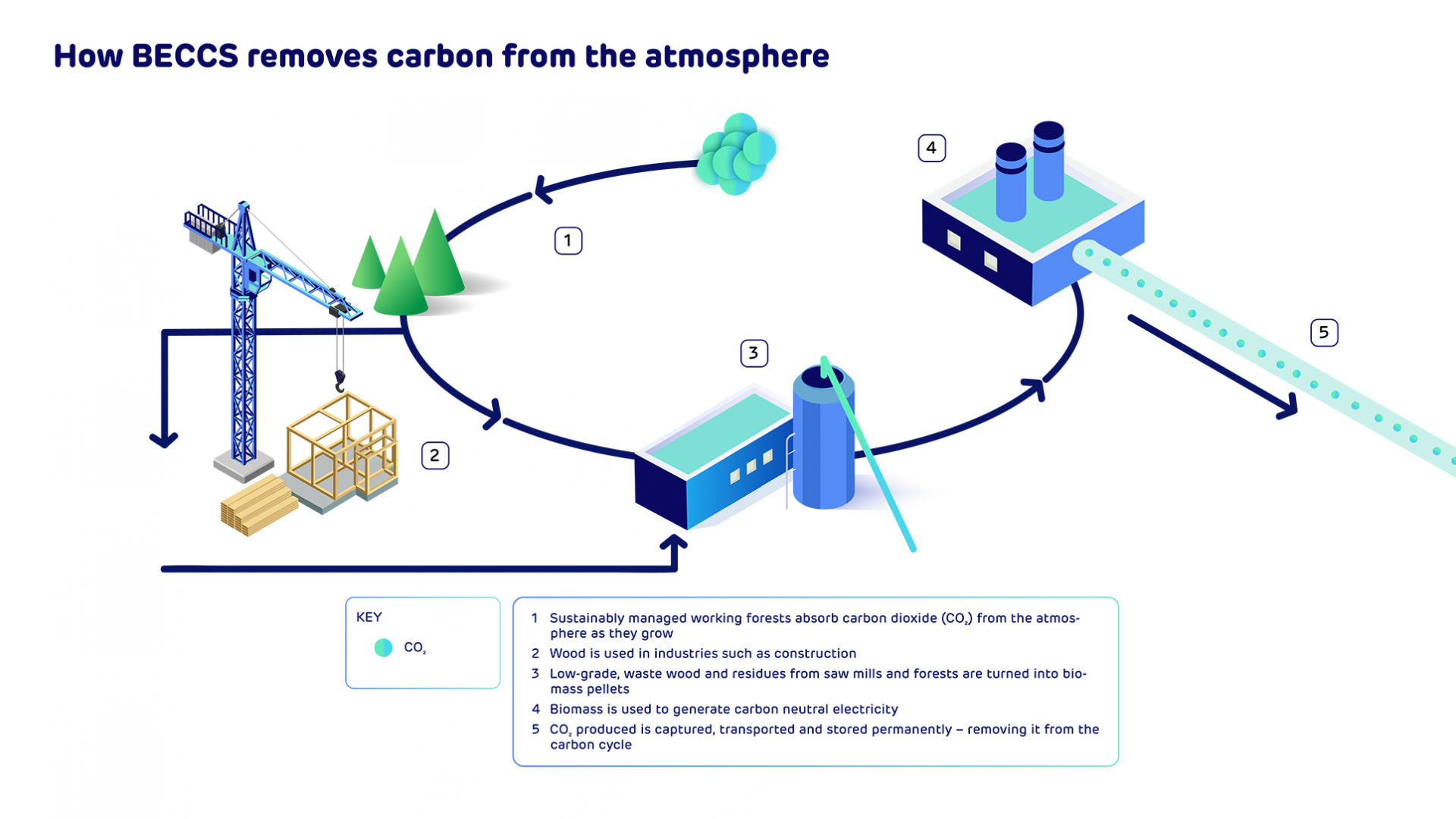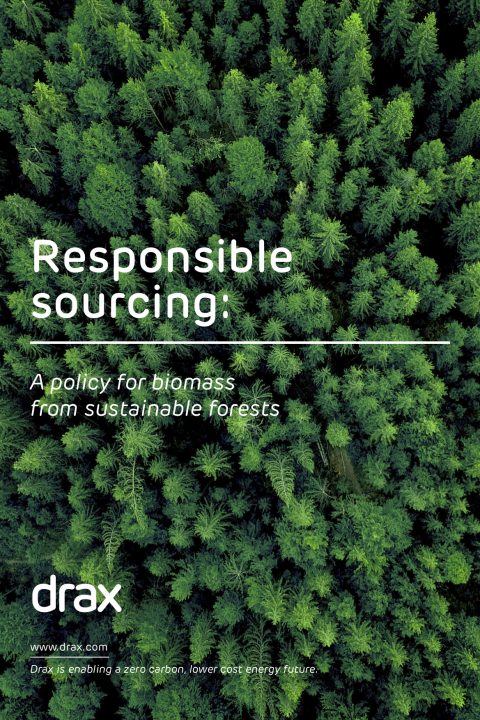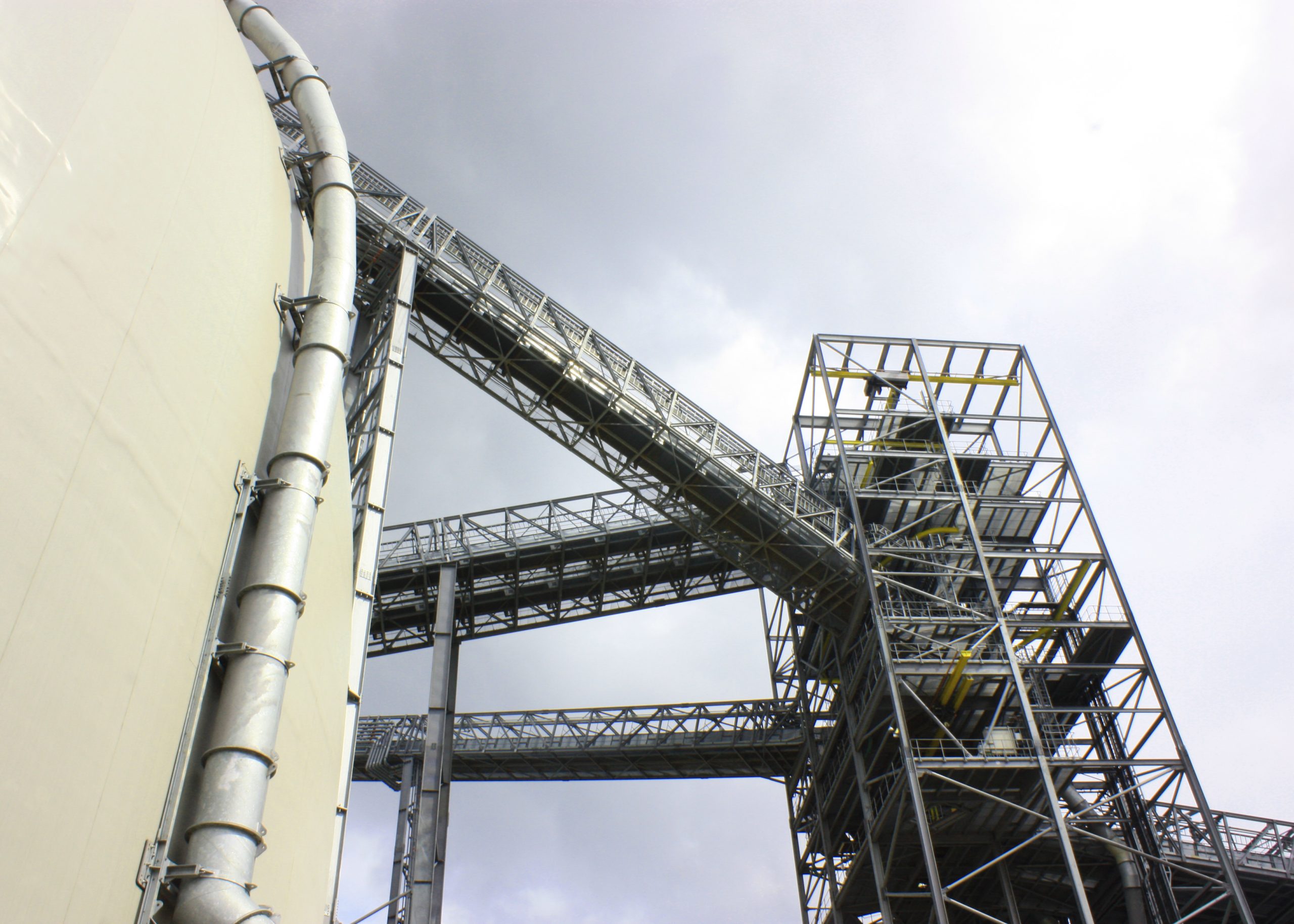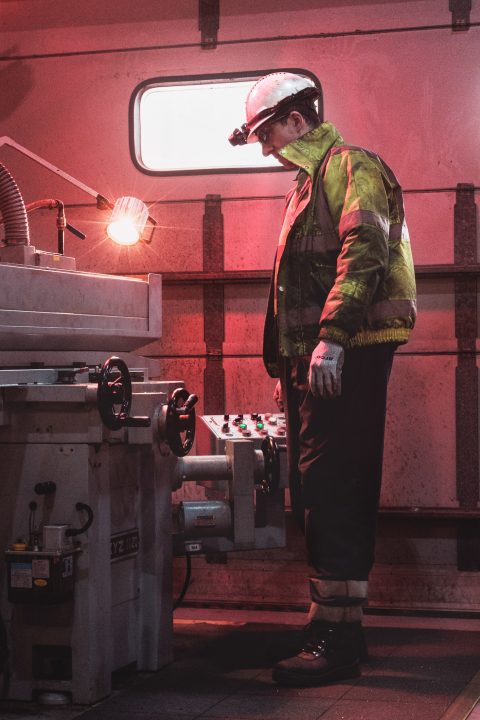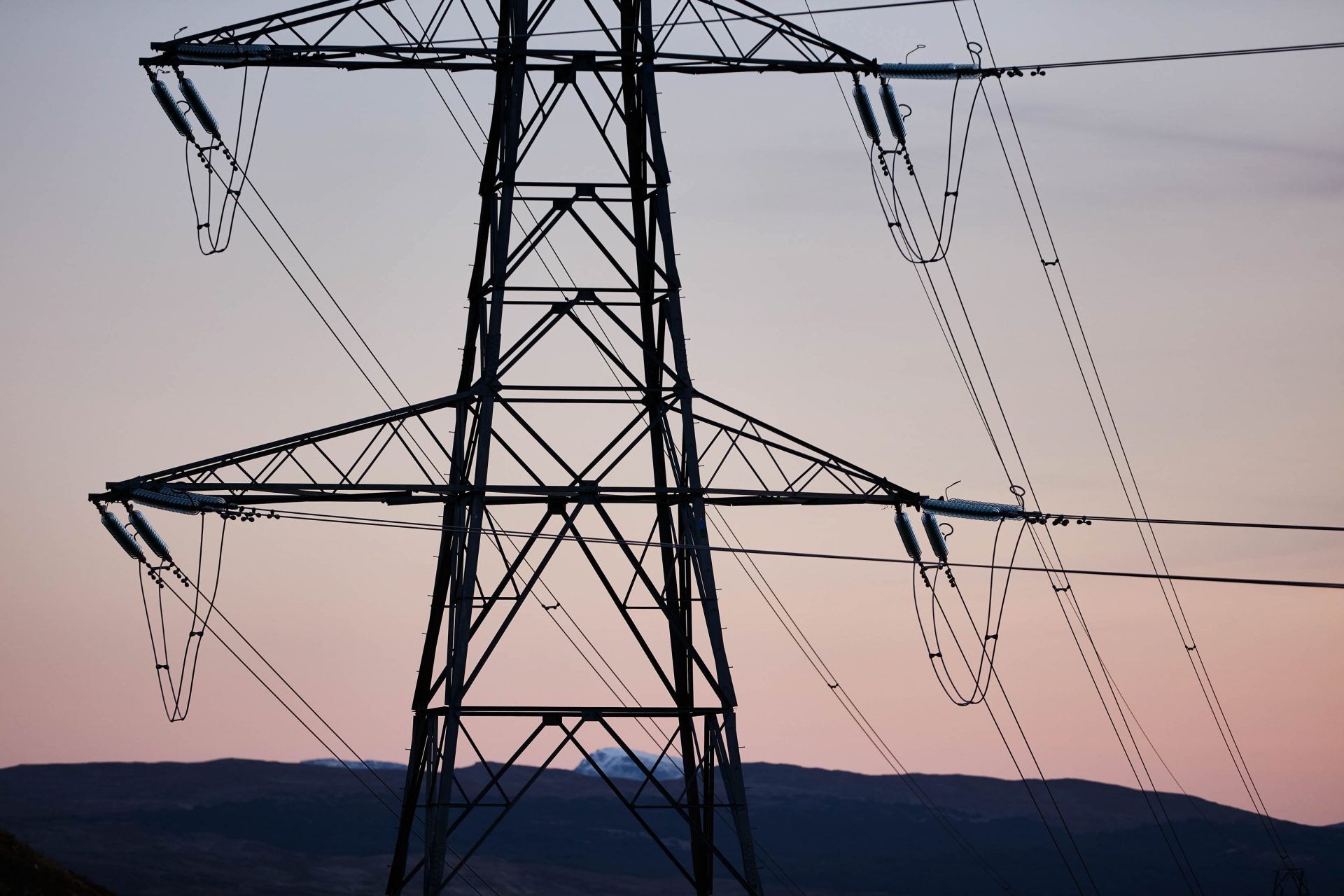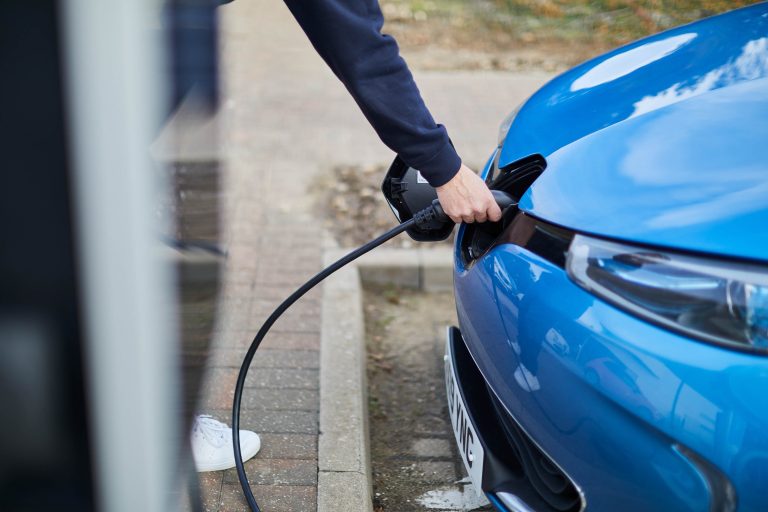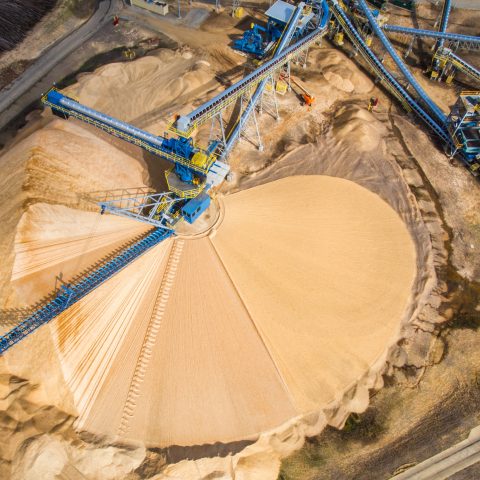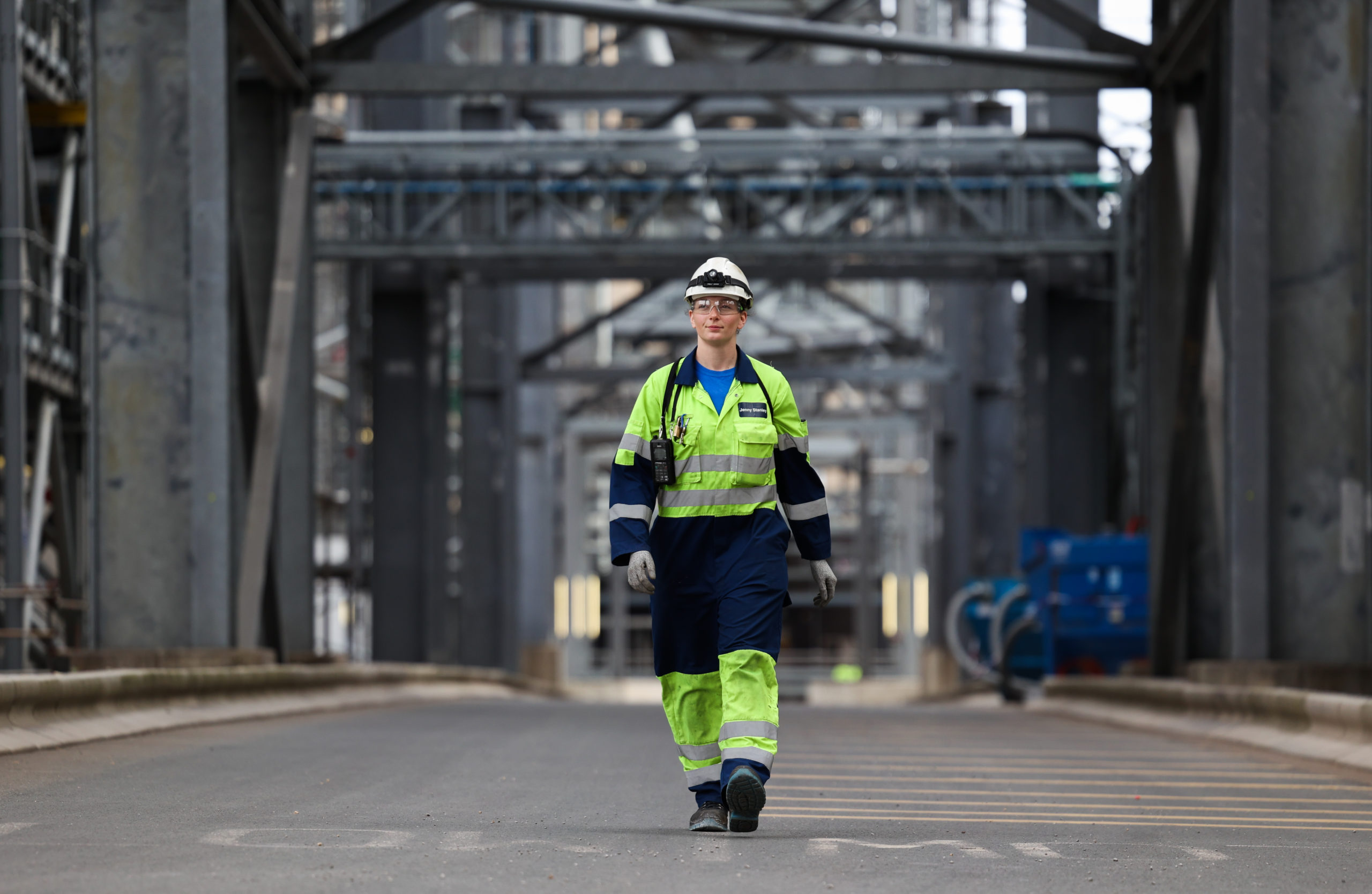
RNS Number : 4455J
Drax Group plc
(“Drax” or the “Group”; Symbol:DRX)
Trading and Operational Highlights
- Strong system support performance during the first three months of 2022
- Increase in value of contracted power prices 2022 – 2024
- >99% of generation from renewables – sustainable biomass, hydro and pumped storage
- 400Kt of new biomass pellet production capacity commissioned in US southeast
Financial Highlights
- 2022 Adjusted EBITDA(1) – around the top end of current range of analyst expectations(2)
- Expect to be significantly below 2x net debt to Adjusted EBITDA by the end of 2022
- Final dividend of 11.3 pence to be paid subject to shareholder approval at today’s AGM
- Total dividend for 2021 – 18.8 pence per share (2020: 17.1 pence per share)
Drax CEO Will Gardiner said:
“In the first quarter of 2022 we delivered a strong system support performance as our reliable, renewable electricity continued to support UK energy security and helped to keep the lights on for millions of British homes and businesses.
“We advanced our strategy to increase biomass pellet production, with another 400Kt of capacity commissioned from two new pellet plants in the US. We also progressed the engineering design work for our UK BECCS project, which will deliver negative emissions for the UK and pioneer BECCS technology at scale. BECCS is a vital carbon removals technology that the UN’s IPCC says is needed globally to achieve net zero.
“With the right government support, Drax is ready to invest £3bn this decade in delivering vital renewable energy technologies including BECCS, a carbon removal technology that is cost-effective but also the only one that generates reliable, renewable electricity while removing millions of tonnes of CO2 from the atmosphere.”
Pellet Production
In April 2022, the Group completed the commissioning of its 360Kt plant at Demopolis, Alabama and its 40Kt satellite plant in Leola, Arkansas. The Group is also currently constructing a second 40Kt satellite plant at Russellville, Arkansas, allowing greater utilisation of lower cost sawmill residues whilst leveraging on existing infrastructure in the US southeast.
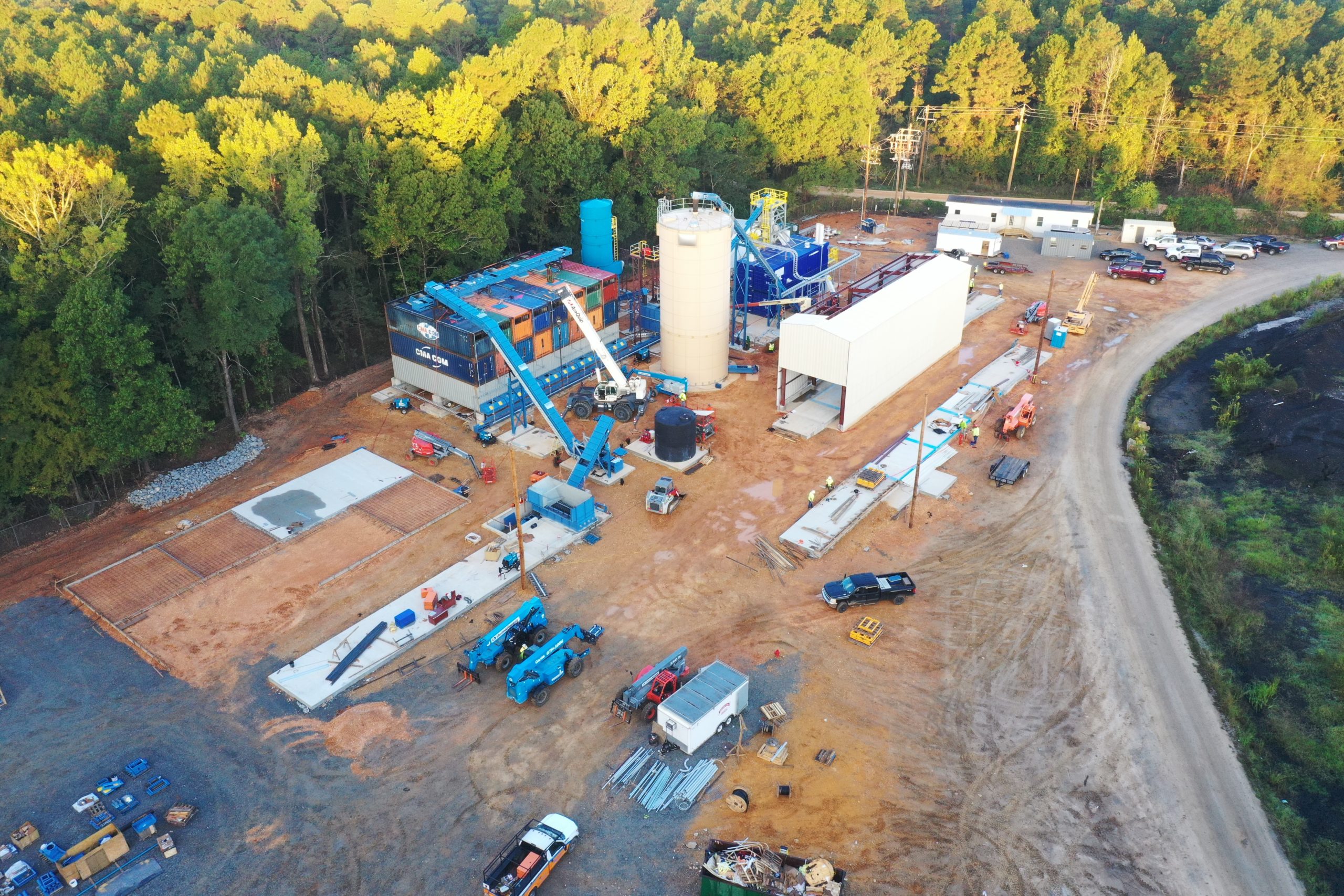
Leola satellite plant under construction [February 2022]
Strong demand for forest products in construction and manufacturing markets continues to support good fibre residue availability with no material change in fibre cost. Drax notes an incremental increase in transportation costs in North America principally related to truck driver shortages and haulage costs.
The Group continues to target a Final Investment Decision (FID) on up to 1Mt of new capacity in 2022 as part of its plans to increase total pellet production capacity to 8Mt by 2030.
Generation
In the UK, the Group’s biomass, hydro and pumped storage assets have continued to play an important role in security of supply, providing stability to the UK power system at a time when higher gas prices and interconnector availability have placed the system under increased pressure.
To maximise renewable output at times of high demand, the Group is continuing to optimise biomass generation across all four biomass units at Drax Power Station, contributing to an increase in average achieved power prices.
The current power price environment increases the importance of appropriate investment to ensure good operational performance and availability, and, in March and April 2022, two biomass units underwent planned maintenance outages. The unit’s contracted positions in this period were bought back and the generation reprofiled, with no net change in output over the ROC compliance period.
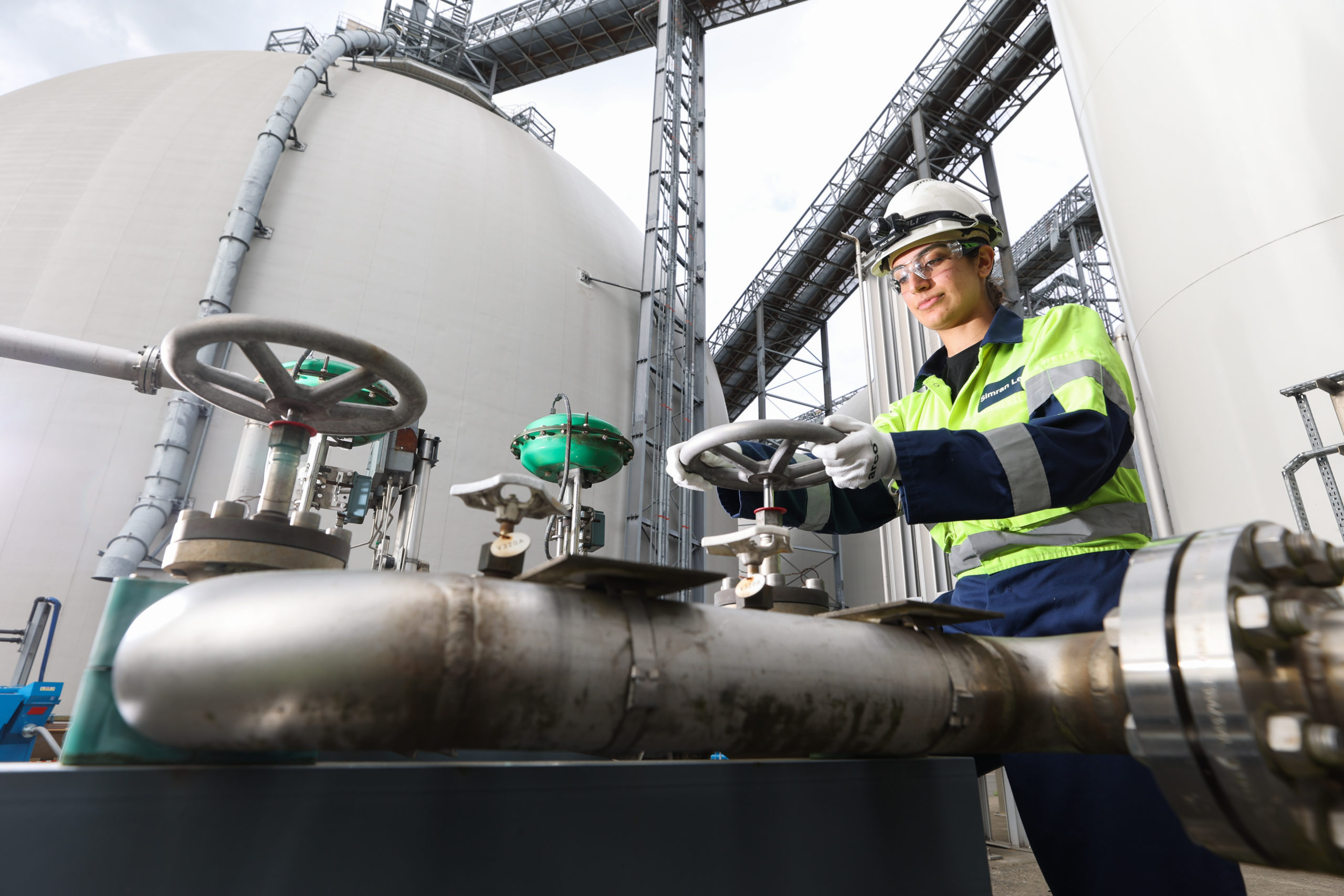
Drax’s two legacy coal units were called into the Balancing Mechanism by the system operator in January for limited operations to support security of supply. These short-term measures helped to stabilise the power system during periods of system stress and did not result in any material increase in the Group’s total carbon emissions.
Drax continues to expect to formally close these two legacy coal units following the fulfilment of their Capacity Market obligations in September 2022 but remains committed to supporting security of supply in the UK. Drax has recently been asked by the UK Government to consider options for a limited extension of its coal operations and this remains under review.
Generation contracted power sales
The Group has continued to add to its forward power sales book. As at 22 April 2022, Drax had 22.2TWh of power hedged between 2022 and 2024 on its ROC and hydro generation assets at an average price of £78.1/MWh.
A further 1.8TWh equivalent of gas hedges have been contracted in 2023 and 2024 for the purpose of accessing additional liquidity for forward power sales from the ROC units. These contracts are highly correlated to forward power prices.
Due to the optimisation of biomass generation in 2022, to support increased generation at times of high demand, CfD output will be lower than historic average, with ROC unit output higher.
| Contracted power sales 22 April 2022 | 2022 | 2023 | 2024 |
|---|---|---|---|
| ROC (TWh(3)) | 11.1 | 7.7 | 3.1 |
| - Average achieved £ per MWh | 74.9 | 79.0 | 84.0 |
| Hydro (TWh) | 0.2 | 0.1 | - |
| - Average achieved £ per MWh | 107.0 | 173.1 | - |
| Gas hedges (TWh equivalent)(4) | - | 0.5 | 1.3 |
| Pence per therm | - | 108.4 | 118.5 |
| CfD(3/5) typical annual output c.5TWh and current strike price £126.4/MWh |
Since the Group’s last update on 24 February 2022, incremental power sales from the ROC units total 1.8TWh across 2022, 2023 and 2024.
War in Ukraine

Cooling towers at Drax Power Station light up to show support for Ukraine [March 2022]
The removal of Russian biomass cargoes from European supply chains has led to higher prices and lower availability in the small European spot market, adding incremental costs and limiting the potential to source additional cargoes to support incrementally higher levels of generation in 2022.
Full year expectations
Reflecting these factors, the Group now expects that full year Adjusted EBITDA for 2022 will be around the top of the range of analyst expectations, subject to continued good operational performance.
Reflecting the improved outlook for Adjusted EBITDA the Group expects net debt to Adjusted EBITDA to be significantly below 2x by the end of 2022.
Bioenergy Carbon Capture and Storage (BECCS)
During 2022 Drax is investing incremental capital expenditure and development expenditure into BECCS, including continuing a Front-End Engineering Design study at Drax Power Station.
Drax continues to expect to take a FID in 2024 and expects the UK Government to set out the process for selection and support for individual BECCS projects, such as BECCS at Drax Power Station, during 2022.
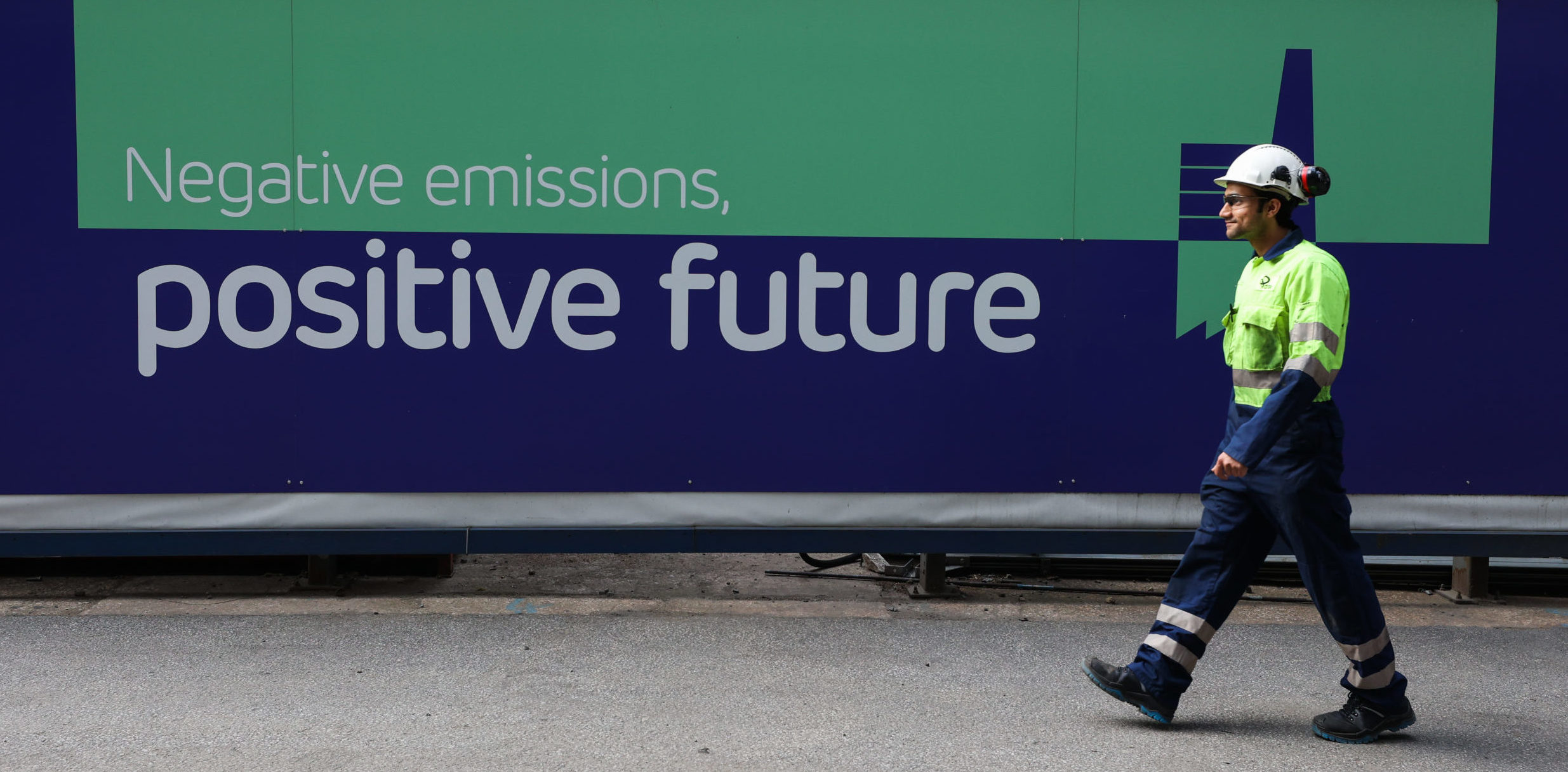
The development of BECCS in the UK is supported by the Group’s plans to invest in the expansion of its biomass pellet production to deliver security of supply for the biomass volumes required for BECCS, which are expected to be underpinned by long-term contracts reflecting the market price of biomass.
The Group is also continuing to develop options to deliver 4Mt of negative CO2 emissions each year from new-build BECCS outside of the UK by 2030 and is currently developing models for North American and European markets.
Other
The Group is continuing to assess operational and strategic solutions to support the development of its SME(6) supply business.
In March 2022, Drax signed a development agreement with EPC contractor Mytilineos for the development of three Open Cycle Gas Turbine (OCGT) developments.
At the full year results in February 2022 Drax noted it would invest up to £100 million in 2022 to fulfil obligations under the Capacity Market agreements, but was continuing to evaluate options for its OCGT developments, including their sale. Drax expects that any capital invested in 2022 will be recovered in the event of a sale.
Enquiries:
Drax Investor Relations: Mark Strafford
+44 (0) 1757 612 491
Media:
Drax External Communications: Ali Lewis
+44 (0) 7712 670 888
Website: www.drax.com
END










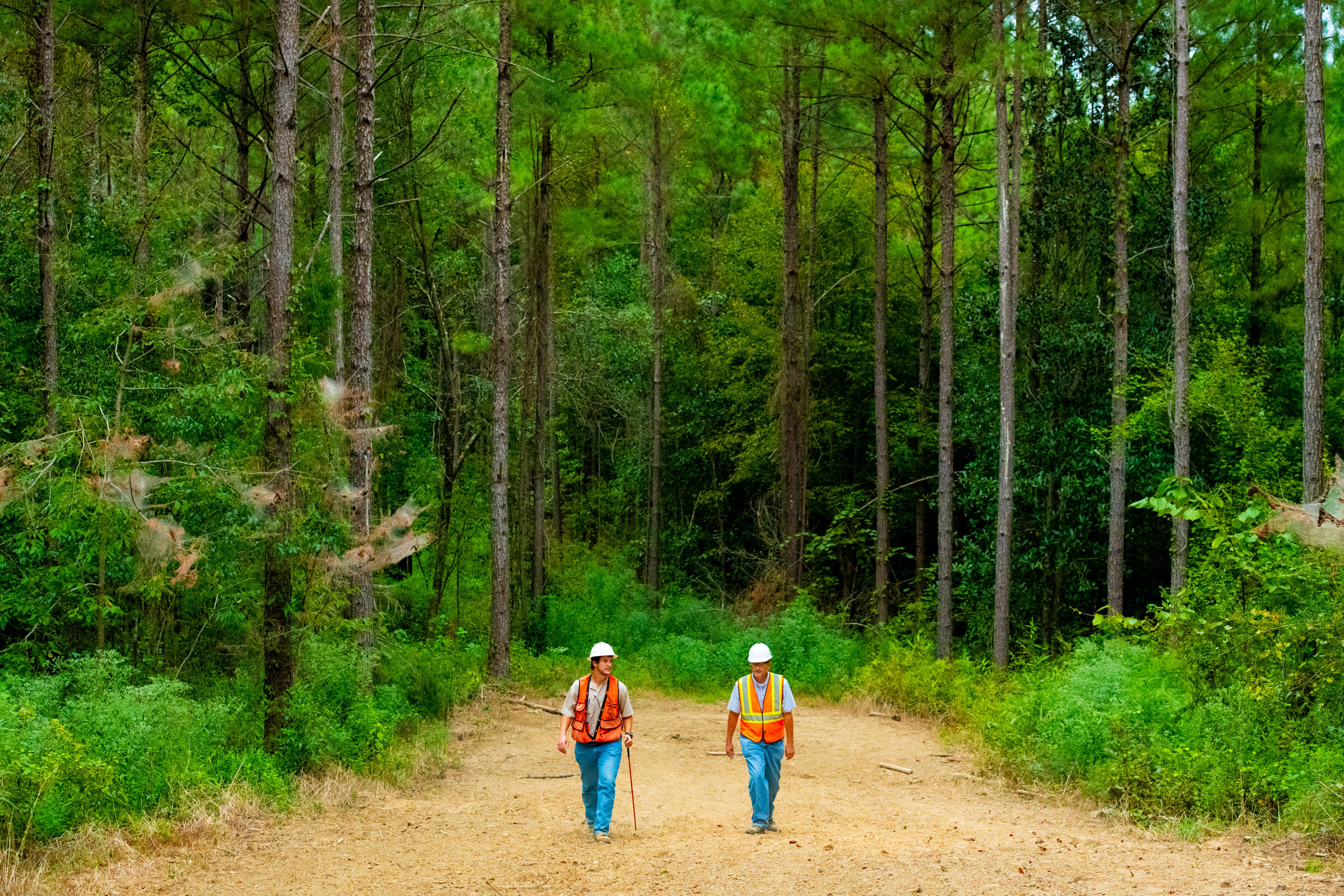

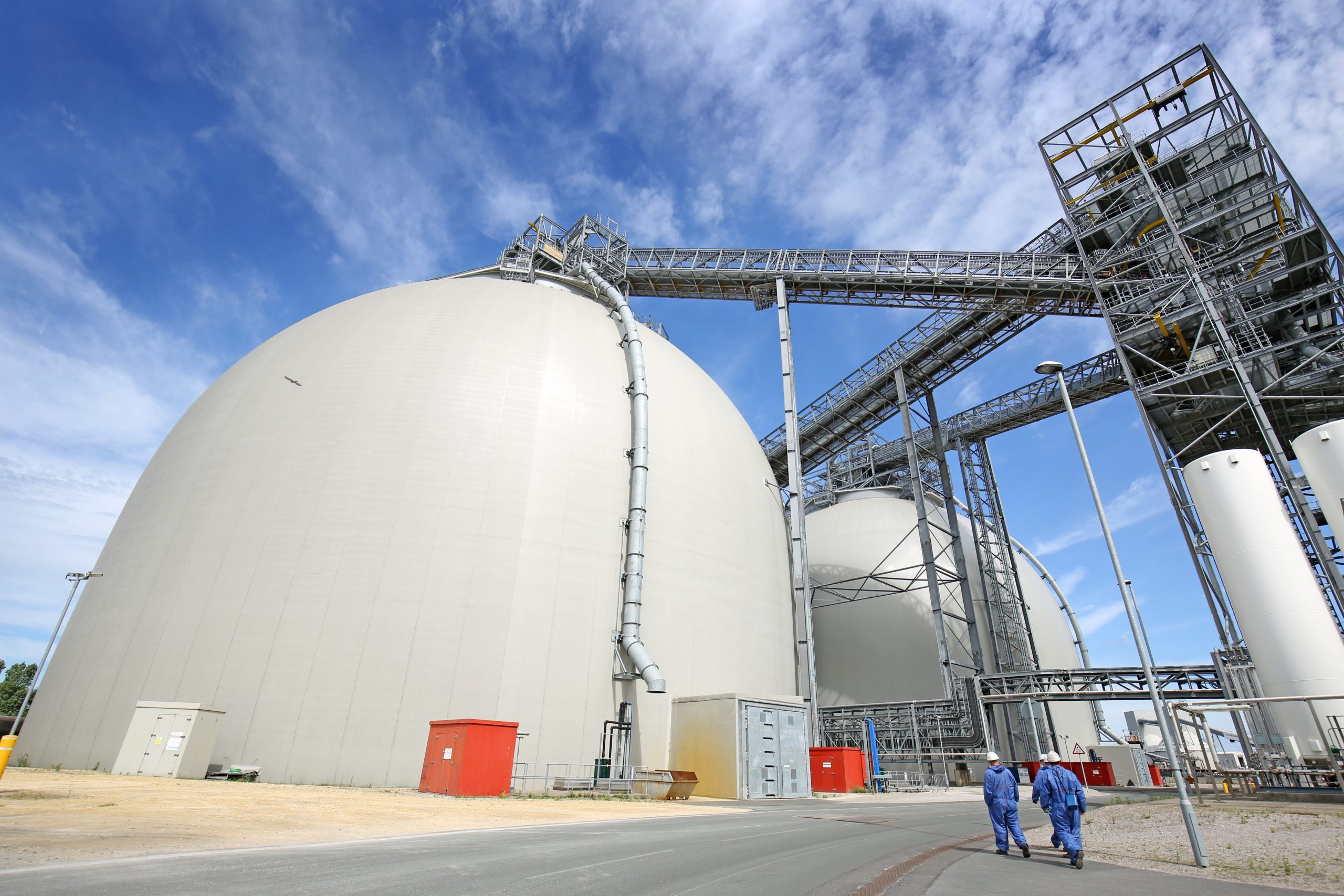

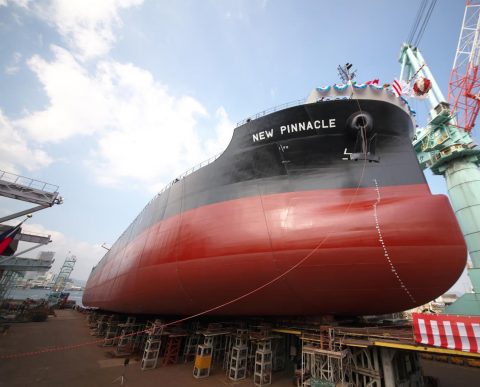
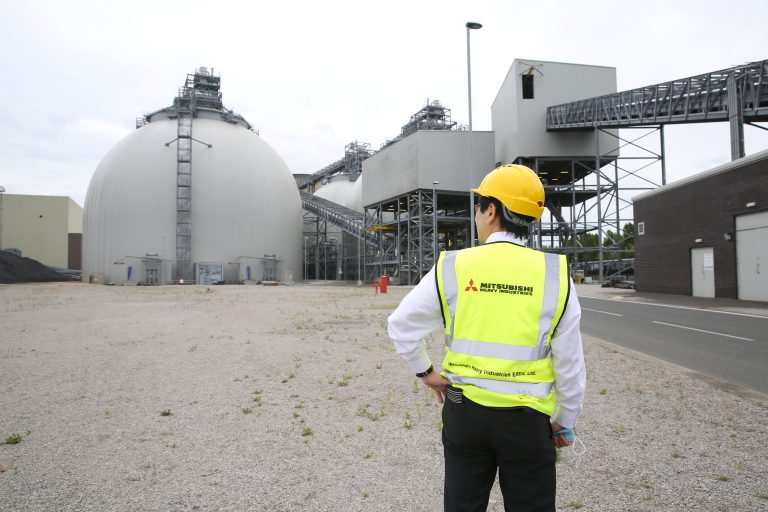
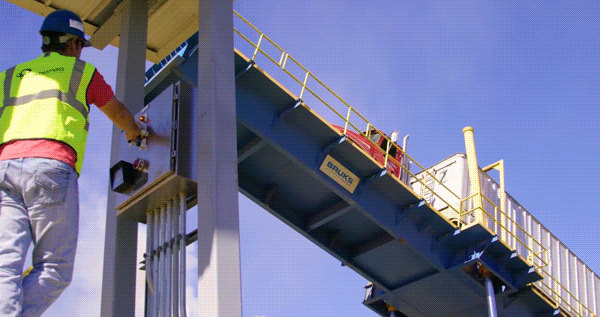
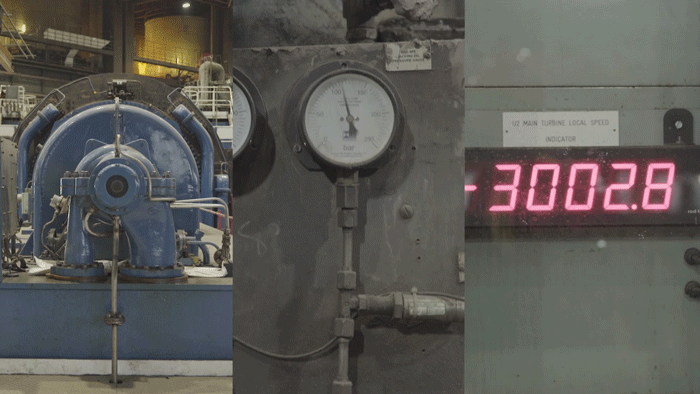
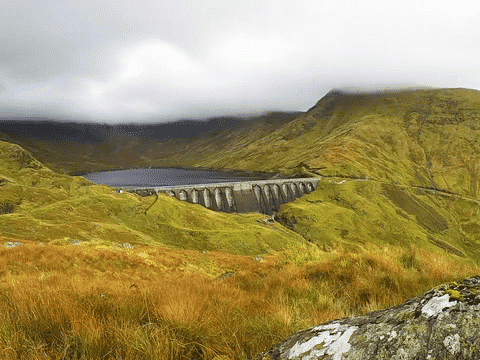 Pumped storage / hydro – good operational and system support performance
Pumped storage / hydro – good operational and system support performance

